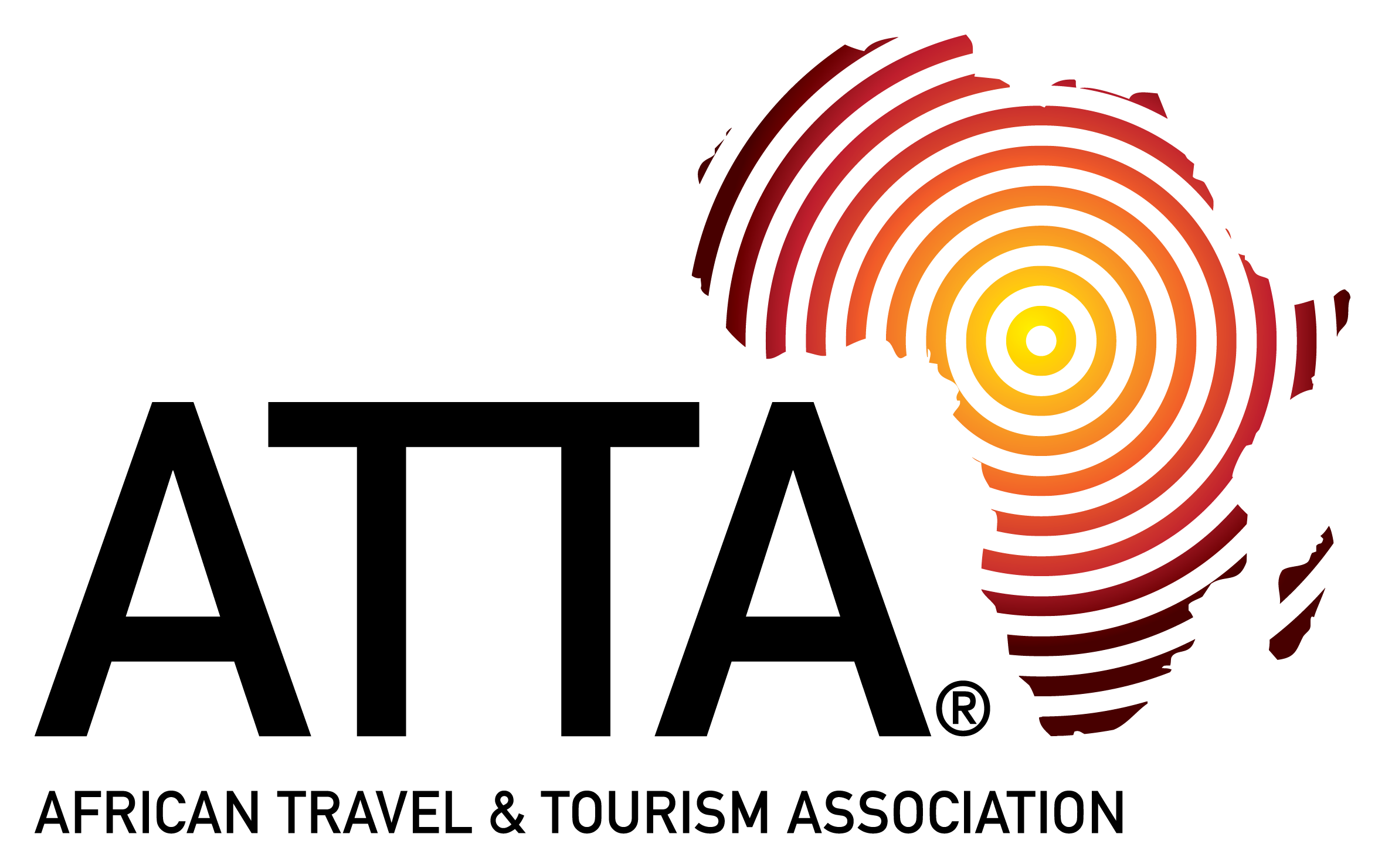Formerly Palmwag Rhino Camp, Desert Rhino Camp occupies a marvellous location on the banks of the Uniab River in the private reserve of Palmwag, northern Damaraland. The camp, one of the oldest in the region, is run jointly by Wilderness Safaris and the Save the Rhino Trust. Totally remote, it's a small, unfenced camp, spread out over a large area of semi-desert terrain. It consists of eight guest tents, a lounge and bar, dining area, and a small plunge pool.
The emphasis at Desert Rhino Camp is, as the name might hint, on rhino tracking. Guests come here primarily to track the 100+ desert rhinos that reside within Palmwag Reserve, one of the only places in Africa where sightings of these rare and endangered creatures is, if not quite guaranteed, then at least highly likely. The tracking takes place initially by 4x4 but ultimately on foot, as you approach the animals discretely so as not to disturb them. All game activities are led by highly experienced and knowledgeable rangers, who help to make this one of the most memorable wildlife experiences to be had in Namibia. Game activities at Desert Rhino Camp can last all day, with guests leaving in the morning with a picnic lunch and returning early evening.
What of the camp itself? Desert Rhino Camp is a lovely camp, and one of our very favourites in Namibia. Wilderness Safaris specialise in high-end bush camps, and while Desert Rhino Camp is one of their more basic camps, it offers a high standard of service and bush accommodation. Guests are accommodated in comfortable but simple Meru-style tents set on wooden platforms, which feel in keeping with the remote location. Desert Rhino Camp is also one of the oldest camps in the region, but it doesn't feel like it, having been through a number of refurbishments.
Accommodation
Eight simple East African-style safari tents, each with an en-suite bathroom equipped with bucket shower (hot water on demand) and flush toilet. All of the tents are on raised wooden platforms and have a private veranda overlooking the plains. They are spacious and well-furnished, with large double/twin beds equipped with thick duvets (the evenings can be cold), and locally-sourced hardwood furniture and carpets.
Dining
Desert Rhino Camp's dining area offers fantastic views of the surrounds. Meals can also be enjoyed outside around the fire. Bush breakfasts and lunches are arranged for full-day or early morning excursions. The bar serves drinks and light snacks throughout the day.
Breakfast is a light buffet consisting of cereals, breads, pastries and juice, with cooked meals available on request. Lunch is usually taken as a picnic – expect salads, sandwiches, cold meats and pastries. Dinner is a three-course meal, served communally in the dining tent or around the campfire. The standard of the food at Desert Rhino Camp is generally excellent from our experience. Most dietary requirements can be catered for, but as always, do let us/the camp know in advance.
Facilities
- Bar and restaurant
- Plunge pool
Activities
- Game drives (day and night)
- Hoanib excursion
- Ovahimba cultural trip
- Guided walks
- Bird watching
Child Policy
Children over the age of 8 years can be accommodated at Desert Rhino Camp, though please do remember that it is unfenced and very remote.
Environmental Policy
Desert Rhino Camp is run as a partnership between Wilderness Safaris and Save the Rhinos Trust.
The 400,000 ha private game reserve of Palmwag hosts one of the largest populations of black rhino anywhere in Africa – there are estimated to be over 100 of these rare and severely endangered creatures in the reserve, a huge increase on the numbers present only two decades ago, when they came close to extinction in Namibia. Much of this is due to the great work of Namibia's Save the Rhino Trust, which has worked to provide a safe home for rhinos within private reserves such as Palmwag, where it is possible to provide a measure of protection against poaching.



